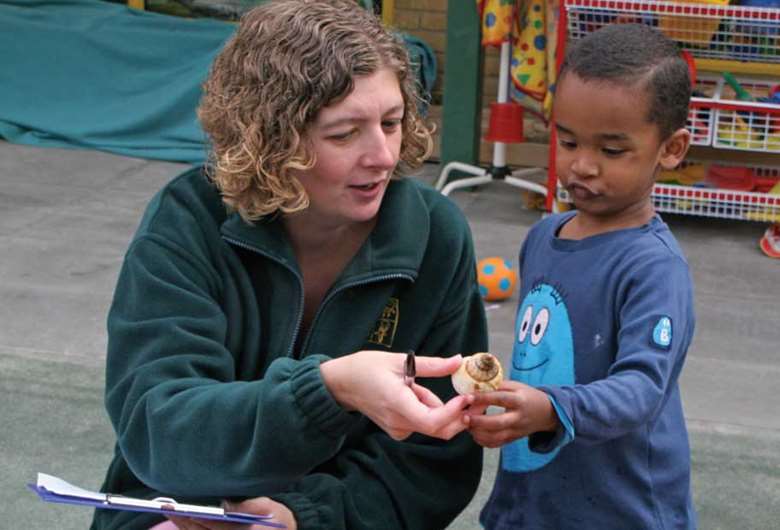Guide to EYE: part 5 - The CACHE approach
Gabriella Jozwiak
Monday, October 6, 2014
Cache's work-based qualification requires six-week projects studying individual children and 350 hours' placement in a minimum of one setting. Gabriella Jozwiak gives us the low-down.

Register now to continue reading
Thank you for visiting Nursery World and making use of our archive of more than 35,000 expert features, subject guides, case studies and policy updates. Why not register today and enjoy the following great benefits:
- Free access to 4 subscriber-only articles per month
- Unlimited access to news and opinion
- Email newsletter providing activity ideas, best practice and breaking news




